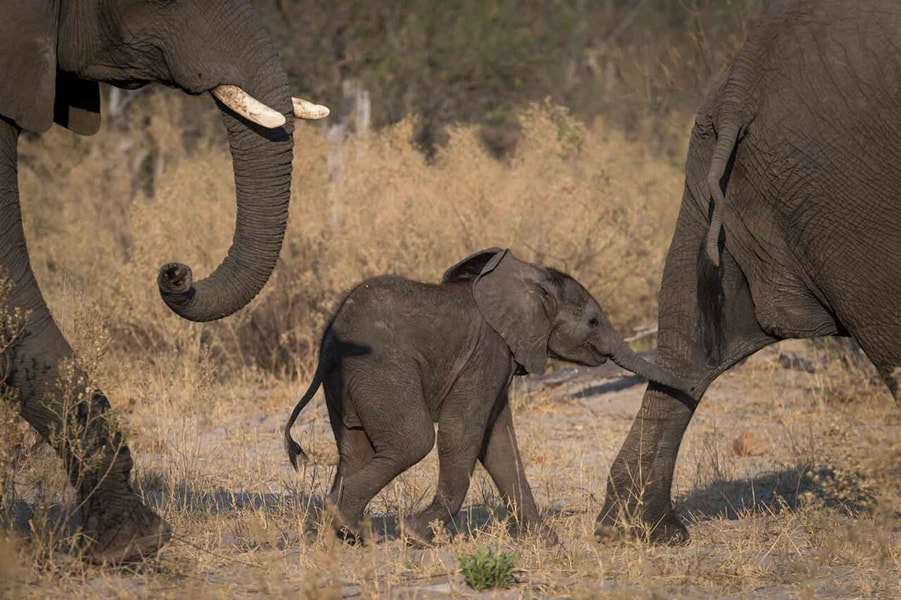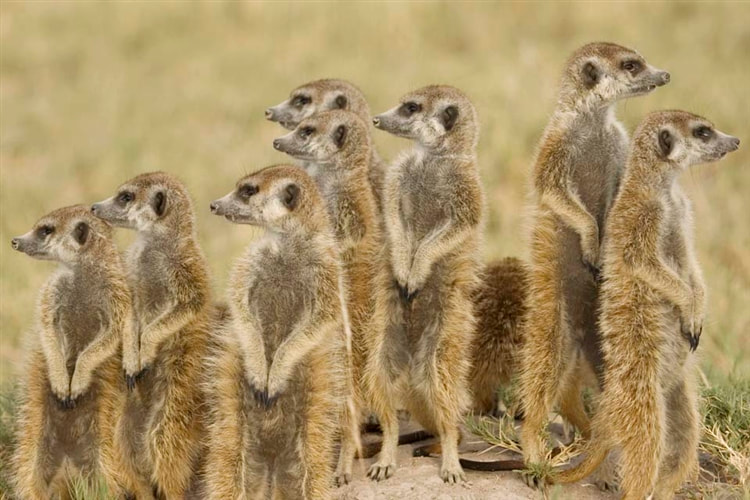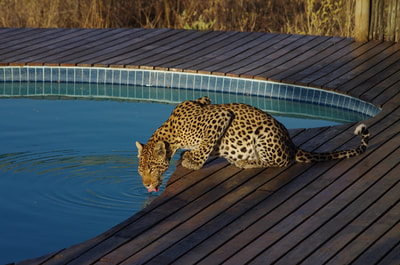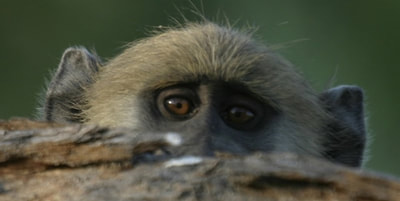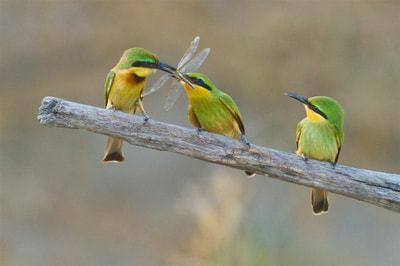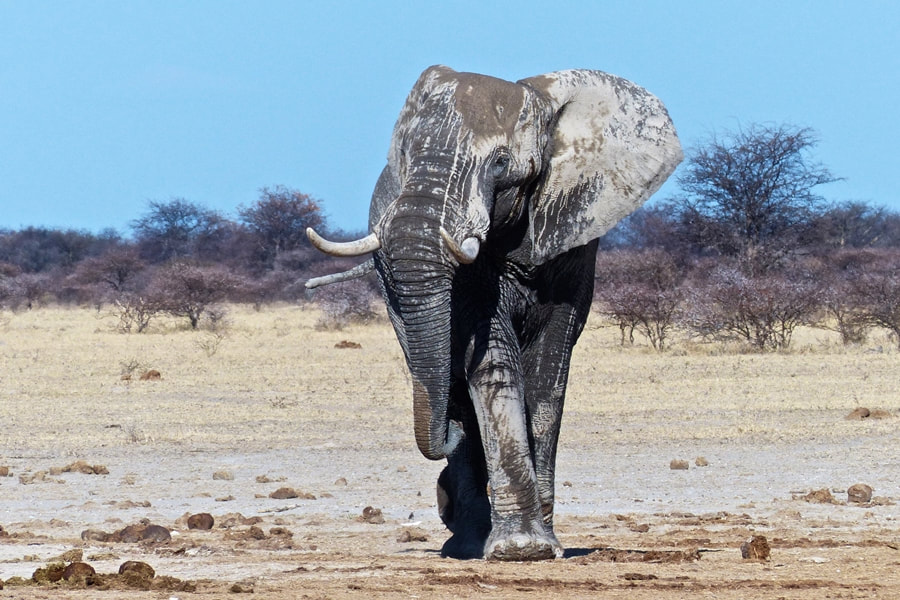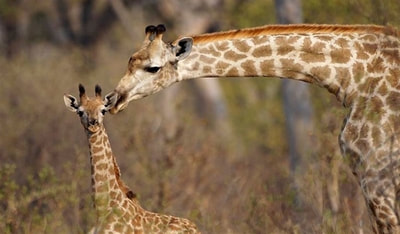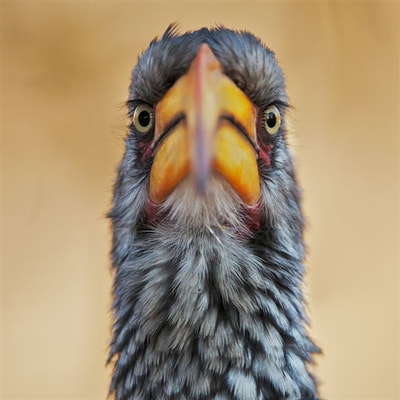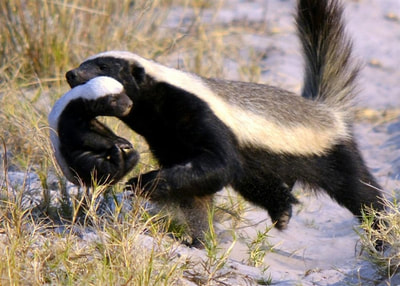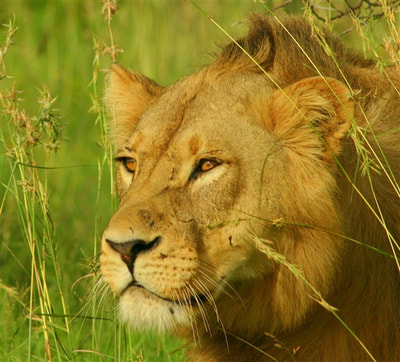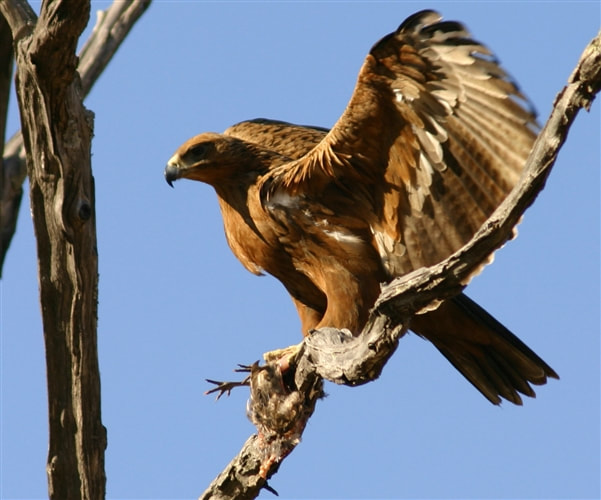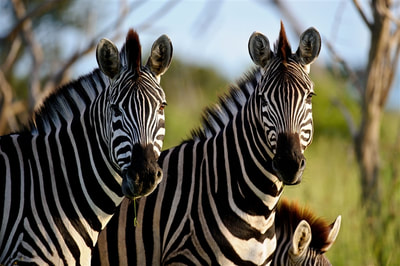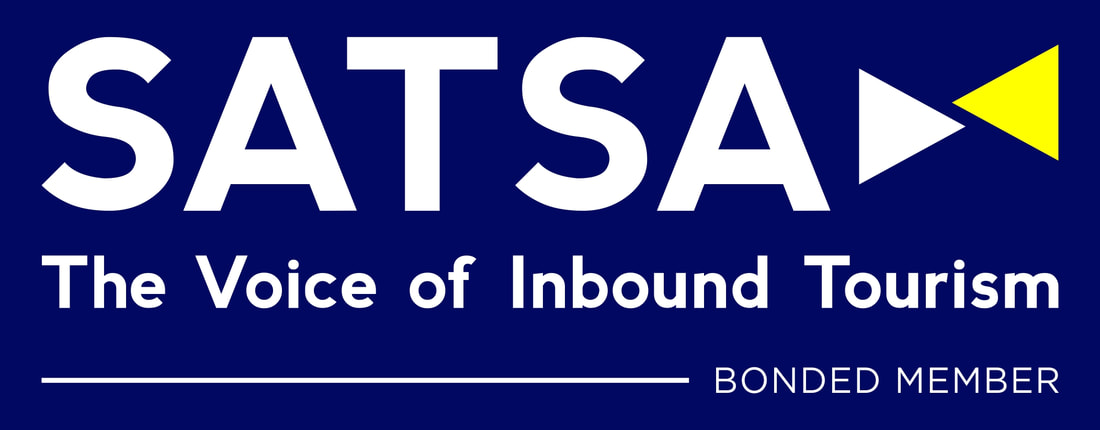Why choose Botswana for your Safari?
Perhaps you are considering travel to Botswana for your next (or first!) Safari? We thought it might be useful to give you some ideas of why to choose this Southern African country.....
It is well known that Botswana has given some 17% or more to conservation or Reserve areas. This truly is a country that tries to balance wildlife preservation and human requirements. The country has a number of well-known Safari areas, and also some off the beaten-track Reserves. Travel here is extremely safe, whether by land, air or water. Tourism is extremely important to Botswana and it takes pride in providing an extremely professional Safari offering.
Botswana is a land of tremendous contrasts – here you can encounter extremes: from the miles of arid sand which is the Kalahari, to the verdant Eden of the Okavango Delta, where water takes precedence over land, or the vast expanse of the Makgadikgadi Pan. The country is surprisingly flat with very few elevations, thus allowing for views literally to the horizon.
This is a land particularly rich in game, especially the area of the Okavango Delta with its unique ecosystem, and in the vast Chobe National Park.
There are few roads in the tourist areas. Travel to the camps, and from camp to camp, is mainly accomplished by small aircraft and by boat. To many, Botswana represents a true exposure to the "real Africa". Most Camps and Lodges are also set in large, private concessions…. Keeping to the high yield, low impact philosophy of tourism.
Centred on the Tropic of Capricorn, Botswana is a landlocked, semi-arid country. It is bounded on the west by Namibia, the east by Zimbabwe, the south by South Africa and the north by portions of Angola, Zambia and Namibia. Two-thirds of the country is Kalahari Desert, an immense area of thornbushs and dry grasslands, yet there is a surprising diversity too.
If you have the time (generally 10 days to 2 weeks), you can enjoy a safari to the main areas (Okavango, Chobe, Kalahari), each unique in their own way. Much of the Okavango is part of the beautiful and diverse Moremi Game Reserve. If you only have a few days, you can easily add the Chobe area to a Victoria Falls trip, or just spend a few nights in the Okavango.
When planning your Botswana Safari, keep in mind
- When do I wish to travel?
- What animals would I love to see?
- Am I a keen birder?
- Is luxury a prerequisite, or am I happy to embrace a rustic situation in order to see great game?
- How much time do I have for my Botswana safari?
- What is my budget?
It is well known that Botswana has given some 17% or more to conservation or Reserve areas. This truly is a country that tries to balance wildlife preservation and human requirements. The country has a number of well-known Safari areas, and also some off the beaten-track Reserves. Travel here is extremely safe, whether by land, air or water. Tourism is extremely important to Botswana and it takes pride in providing an extremely professional Safari offering.
Botswana is a land of tremendous contrasts – here you can encounter extremes: from the miles of arid sand which is the Kalahari, to the verdant Eden of the Okavango Delta, where water takes precedence over land, or the vast expanse of the Makgadikgadi Pan. The country is surprisingly flat with very few elevations, thus allowing for views literally to the horizon.
This is a land particularly rich in game, especially the area of the Okavango Delta with its unique ecosystem, and in the vast Chobe National Park.
There are few roads in the tourist areas. Travel to the camps, and from camp to camp, is mainly accomplished by small aircraft and by boat. To many, Botswana represents a true exposure to the "real Africa". Most Camps and Lodges are also set in large, private concessions…. Keeping to the high yield, low impact philosophy of tourism.
Centred on the Tropic of Capricorn, Botswana is a landlocked, semi-arid country. It is bounded on the west by Namibia, the east by Zimbabwe, the south by South Africa and the north by portions of Angola, Zambia and Namibia. Two-thirds of the country is Kalahari Desert, an immense area of thornbushs and dry grasslands, yet there is a surprising diversity too.
If you have the time (generally 10 days to 2 weeks), you can enjoy a safari to the main areas (Okavango, Chobe, Kalahari), each unique in their own way. Much of the Okavango is part of the beautiful and diverse Moremi Game Reserve. If you only have a few days, you can easily add the Chobe area to a Victoria Falls trip, or just spend a few nights in the Okavango.
When planning your Botswana Safari, keep in mind
- When do I wish to travel?
- What animals would I love to see?
- Am I a keen birder?
- Is luxury a prerequisite, or am I happy to embrace a rustic situation in order to see great game?
- How much time do I have for my Botswana safari?
- What is my budget?
Accommodation options
Botswana Camps and Lodges come in all shapes and forms (and prices, which vary according to the seasons). Many Camps offer a traditional tented safari experience: large, walk-in tents, usually erected on wooden platforms, with private en-suite showers, wash hand basins and flush toilets. All bedding is provided, along with towels, insect repellent and basic toiletries such as shampoo, soap and conditioners. Beds are comfortable, and usually there is a choice of a single or double bed. Most tented camps also offer an outside shower; open to the elements above, making for a truly magical experience.
A “lodge” usually refers to a small chalet, either made from local materials or bricks, which is often open-sided, with no glass windows, thereby allowing the sounds of the surrounding bush to be heard at night. These too have private en-suite facilities, and are usually charming in their design, which is in-keeping with a safari style (but can be surprisingly unique). Lodges also often offer outside shower facilities.
On the budget side, accommodation is offered in small dome tents, pitched on the ground, or sometimes on a wooden platform, and just large enough to accommodate two single beds, with a bathroom area behind the tent which will comprise a bush loo and bucket shower. Increasingly, small “Meru” tents are used, which are much more spacious. Both types of tents are also used on the very popular Mobile Safaris.
At the other end of the spectrum, there are a few extremely luxurious accommodation styles on offer: huge chalets or tented rooms complete with lounges, en-suite bathrooms, private plunge pools, and in some cases, air-conditioning.
All accommodation offerings have a communal main area, which includes a dining room (or tent), a lounge, a bar and a place to sit and watch the surrounding bush, from where one can usually spot passing game.
Of course - a safari is not really about the cost of the cotton sheets or the availability of a Spa – it’s ALL about the Game Viewing and the Guides!
A “lodge” usually refers to a small chalet, either made from local materials or bricks, which is often open-sided, with no glass windows, thereby allowing the sounds of the surrounding bush to be heard at night. These too have private en-suite facilities, and are usually charming in their design, which is in-keeping with a safari style (but can be surprisingly unique). Lodges also often offer outside shower facilities.
On the budget side, accommodation is offered in small dome tents, pitched on the ground, or sometimes on a wooden platform, and just large enough to accommodate two single beds, with a bathroom area behind the tent which will comprise a bush loo and bucket shower. Increasingly, small “Meru” tents are used, which are much more spacious. Both types of tents are also used on the very popular Mobile Safaris.
At the other end of the spectrum, there are a few extremely luxurious accommodation styles on offer: huge chalets or tented rooms complete with lounges, en-suite bathrooms, private plunge pools, and in some cases, air-conditioning.
All accommodation offerings have a communal main area, which includes a dining room (or tent), a lounge, a bar and a place to sit and watch the surrounding bush, from where one can usually spot passing game.
Of course - a safari is not really about the cost of the cotton sheets or the availability of a Spa – it’s ALL about the Game Viewing and the Guides!
